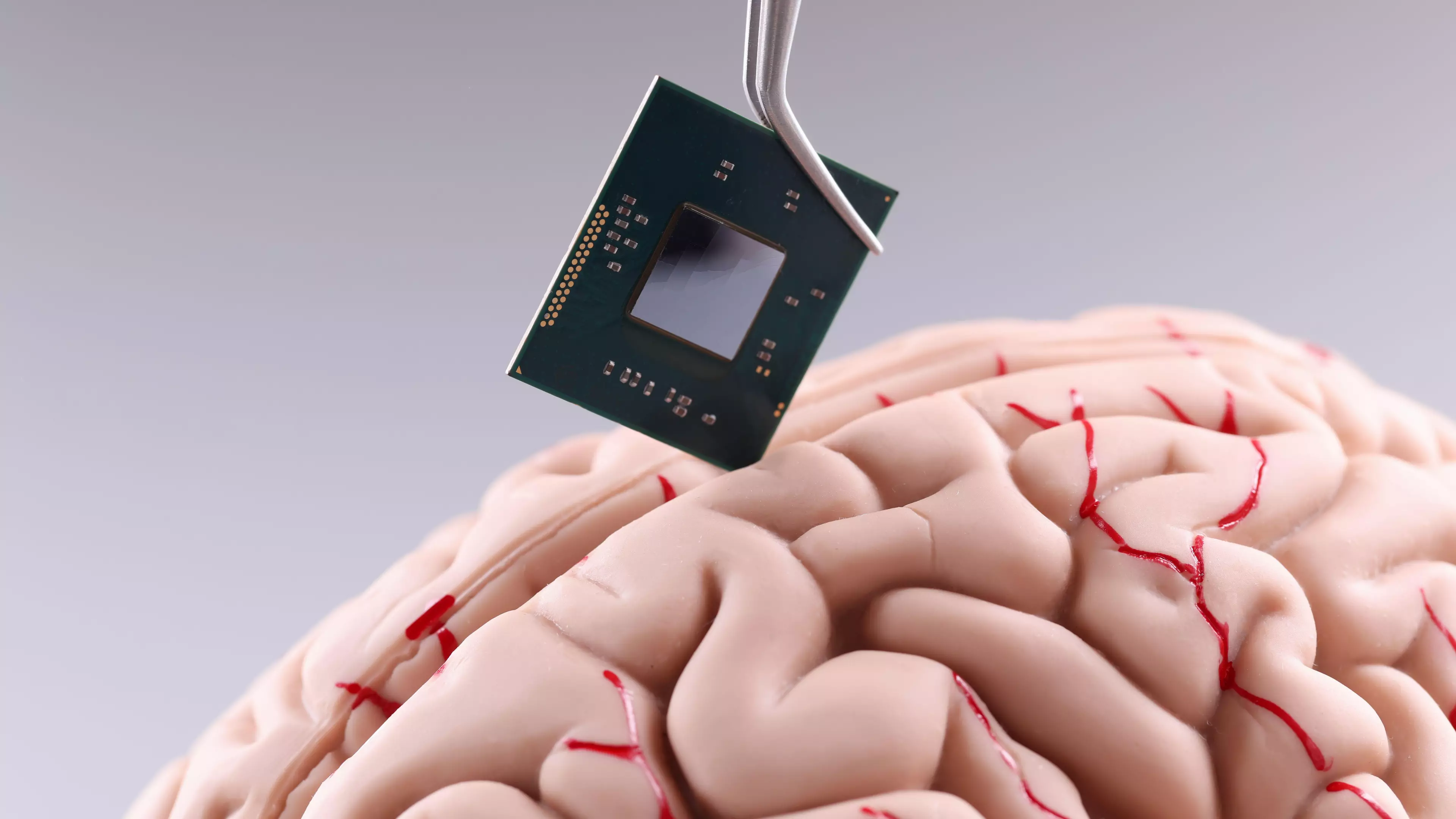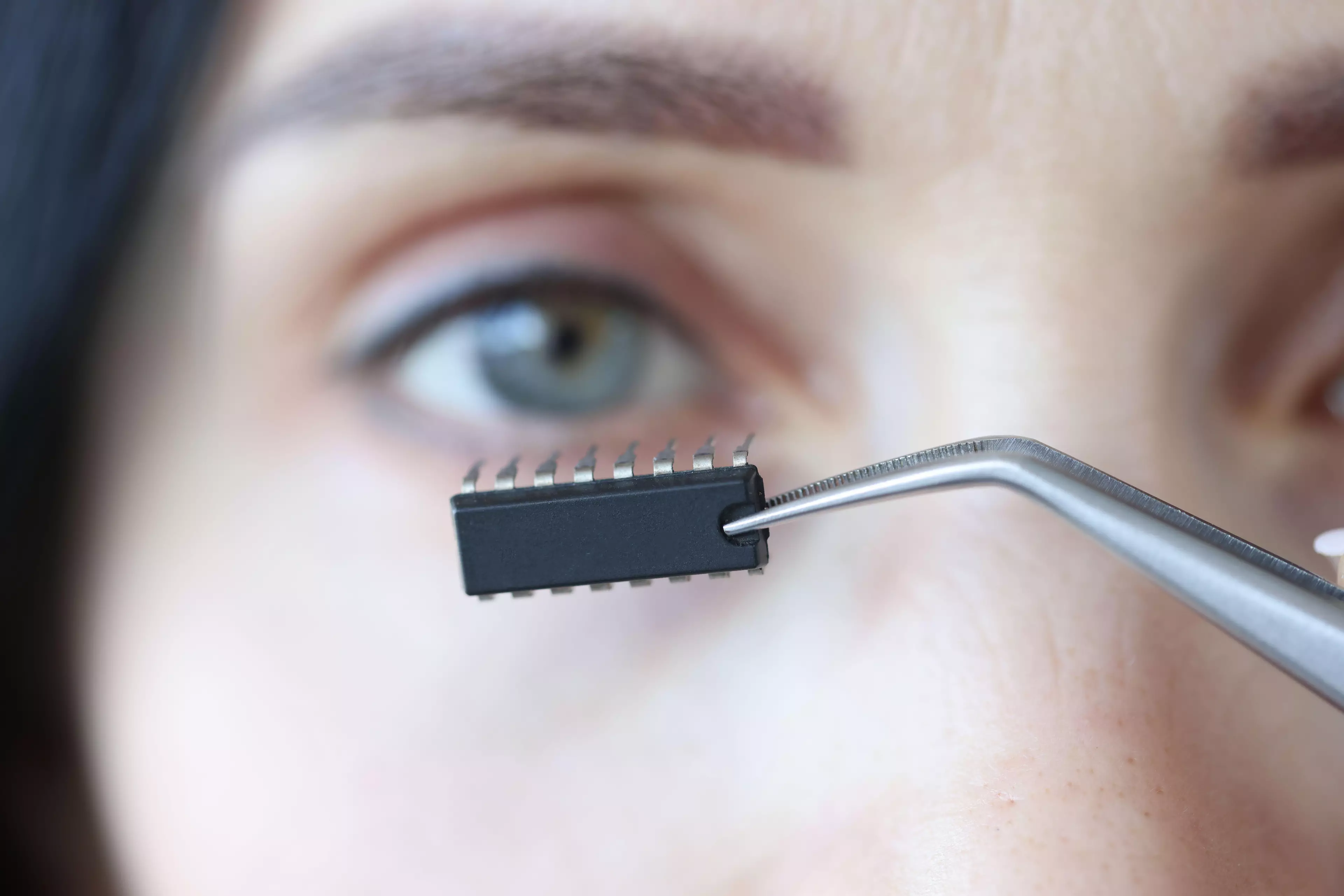
Scientists have expressed concern about Elon Musk's Neuralink company as it edges closer towards human trials.
The brain chip implant hopes to finally bridge the gap between humans and machines and could allow people to drive their cars using just their mind or play music inside their head.
While the possibilities are exciting and very sci-fi, there are some ethical concerns that are brewing on the periphery about how the system is going to work.
Dr. Karola Kreitmair, assistant professor of medical history and bioethics at the University of Wisconsin, told The Daily Beast that we need to really examine how Neuralink will change society.
"I don't think there is sufficient public discourse on what the big picture implications of this kind of technology becoming available are," she said.
"I worry that there's this uncomfortable marriage between a company that is for-profit."

Musk hopes the technology will be huge for people with disabilities as they might be able to utilise the brain chip to make life a bit easier.
But one researcher believes therein lies some more ethical questions.
Dr. L. Syd Johnson, associate professor at the Center for Bioethics and Humanities at SUNY Upstate Medical University, told The Beast: "If the ultimate goal is to use the acquired brain data for other devices, or use these devices for other things - say, to drive cars, to drive Teslas - then there might be a much, much bigger market,"
"But then all those human research subjects - people with genuine needs - are being exploited and used in risky research for someone else's commercial gain.
"If Neuralink is claiming that they'll be able to use their device therapeutically to help disabled persons, they're overpromising because they're a long way from being able to do that."

Some questions have been raised about whether Neuralink has the technology to 'explant' the chips safely and effectively if a human test subject wants to end the trial.
There's also concerns about test subjects if anything happens to Musk's company and how their brain data will be handled if it goes bankrupt or transferred to a different owner.
A massive 'what if' is the topic of hacking and whether the Neuralink brain chip will be impenetrable to outside influences.
It's really hard to know how the technology will perform in the open market (if it gets that far) and we should know more after human trials are completed.
Neuralink has started looking for a clinical trial director, meaning those trials could be just around the corner.
Featured Image Credit: AlamyTopics: Neuralink, elon musk, News, Technology